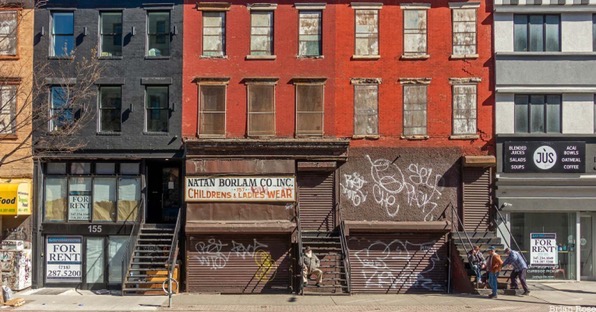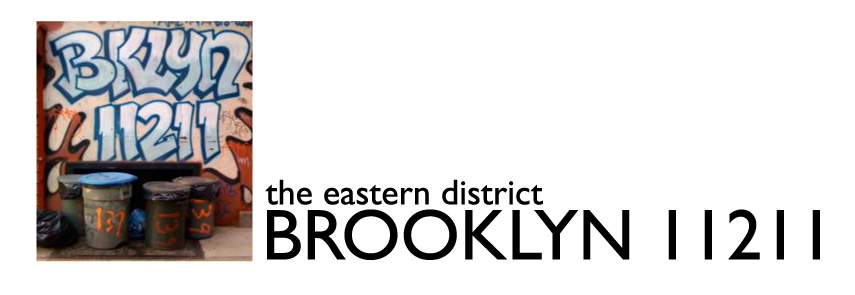How sad.
Billy Jones, Baby’s All Right Owner and New York Nightlife Fixture, Dies at 45
Parks Commissioner to Resign
Sue Donoghue, one of the Adams administration’s good hires, announced her upcoming resignation last night.
The Adams Administration Has Been Mismanaging Funds Meant For Local Newsrooms. Here’s What That Means For Greenpointers
I did not know that the Mayor’s Office of Ethnic & Community Media has an annual advertising spend of over $70 million. About half of that goes to 15 large media outlets, led by Meta and including Google, WABC and Univision. Greenpointers sees about $7,000 in advertising revenue from MOECM – a paltry sum compared to other non-local outlets, and it seems that comes with a quid pro quo attached (we wouldn’t expect anything less from this administration):
In a conversation with the former Executive Director José Bayona, [Greenpointers] received subtle pressure to publish weekly op-eds that MOECM sends to members of its directory. We expressed concern that not only do these not align with our hyperlocal ethos, but we feel that doing so would only make us a propaganda mouthpiece, damaging the credibility we have spent more than 15 years building in the community. Greenpointers‘ bottom line lies with the North Brooklyn area—not any specific politician or institution.
Hell Gate Is (Again) Growing (Again)
Rick Paulas, Greenpoint’s most famous author, walking tour leader and ghost hunter has (yet another) new gig.
NYPD Reports Historic Lows in Murders and Shootings for 2025, But Rape Reports on the Rise
A lot of good news on the crime front – not coincidentally coming on the heels of a competent technocrat taking over NYPD. Hopefully the Mayor (who also not coincidentally has been somewhat sidelined from meddling in police matters) doesn’t revert to meddling in police matters.
Randy Mastro named first deputy mayor after failed bid to be NYC’s top lawyer
Randy Mastro – who represents New Jersey in its suit against congestion pricing – is now the First Deputy Mayor of New York City, a place that has very much benefitted from congestion pricing.
In local news, Mastro has also represented Chevron, a company whose refusal to take responsibility for its legacy pollution at Bushwick Inlet is actively delaying progress on completing the park that the City promised 20 years ago.
And, as someone pointed out online, Mastro now has the honor of having served as First Deputy Mayor for two of the worst Mayors in NYC history.
It’s Official: Mayoral Candidate Adrienne Adams Decimated Outdoor Dining
“‘The idea of taking the street dining down every year, it was just a bad idea,’ said Rob Sanfiz, Executive Director of La Nacional… on 14th Street. ‘Inevitably what will happen is that the restaurants that can afford them will have them, and the smaller ones will have more struggle.'”
One of the bright spots out of the pandemic was rethinking how we use public space. The Adamses killed that – especially for small businesses.
Columbia University Must Choose Between Courage and Cowardice
Errol Louis in New York nails it with regard Columbia’s fecklessness in response to the government’s bullying. Hard to imagine Dwight Eisenhower (or Lee Bollinger or Michael Sovern) taking this all lying down.
Vice Stays Put in Williamsburg After Speculation About Dock 72 Move
Vice is not moving to the Navy Yard. They are consolidating on Kent Avenue, though – Refinery29 is subleasing its space on Broadway in Manhattan and has already moved (most of?) its people to the mothership in Williamsburg.
I guess Williamsburg is not dead.
Photo Essay: Williamsburg in Time of Plague

Havemeyer Street, 2020
Photo: Brian Rose via Untapped Cities
Some lovely photos by Brian Rose taken during the Spring of 2020, peak time of the shutdown. (It strikes me that many of the subject places he photographs are pretty empty during normal times.)
